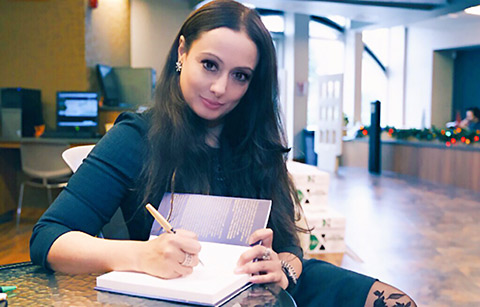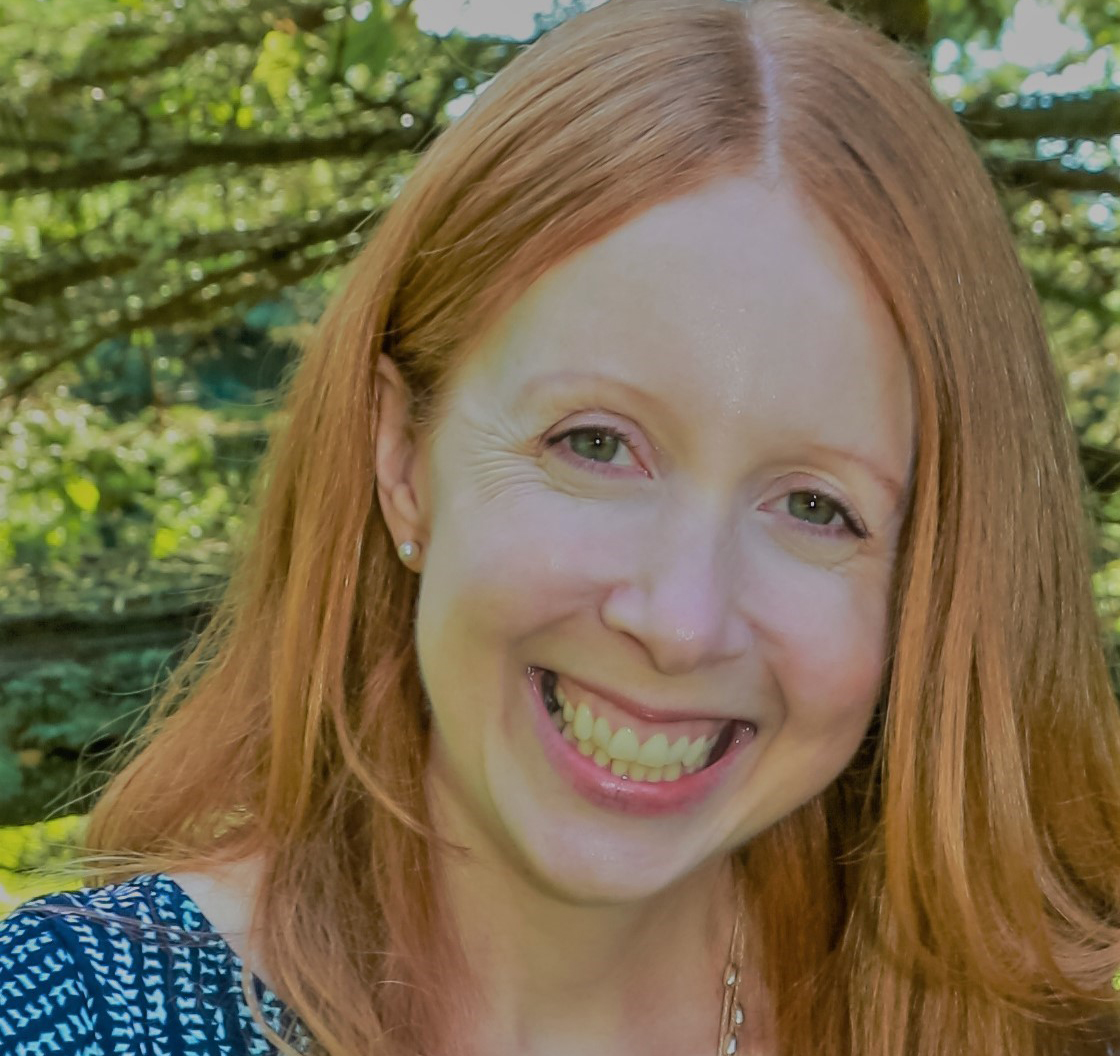Renu Persaud doesn’t want her book The Mastery of You to be confined to the self-help section, though she believes its message on self-care can guide readers toward more fulfilled lives. After earning a BA in sociology at U of T Scarborough in 1997, Persaud researched the concept of self-worth for her MA and PhD at OISE. Now a lecturer in sociology at the University of Windsor, she’s devoted her career to teaching, writing and speaking about the process of “self-mastery,” which comes down to understanding and providing for your own needs to foster greater self-worth. She gave a TEDx talk on the subject in 2016 and published the book – a combination of her research findings, personal experiences and poetry – last fall.
Your interest in studying self-worth was sparked by personal experience. Can you explain?
As a young girl, I felt a lot of pressure to live up to unrealistic expectations. People see me now, a professor and mother who seems to have everything, but we have to remember that everybody has a story. I come from a well-known family in Toronto – my father is a priest on TV. I grew up as the priest’s daughter, and it was suffocating. I wanted to make my family proud, so I always put my own needs aside and deeply compromised my sense of self-worth.
How did your interest in nurturing the self evolve into a career focus?
All through my undergrad, I had a notion in the back of my mind that I wanted to research self-worth from a scientific standpoint at the graduate level. I was determined to find a way to study this ephemeral concept with academic rigour, and I did. What I discovered was that a strong sense of self – not race, gender, class or other factors – is the strongest predictor for success in students’ transition to work.
Now, as a professor, I’m able to use that research knowledge as a tool. I incorporate teachings on self-worth in all my lectures, because unless you have that strong inner foundation, nothing else can grow. The best feeling is knowing that I’m making a difference in students’ lives.
What made you want to write the book?
I’ve seen the intense amount of interest among my students in the idea of self-worth, and it made me think that I needed to write a book that would reach beyond the academic population to get this concept out into the wider world. I needed to reach the masses.
Can you explain the concept of self-mastery?
By analyzing our strengths, weaknesses and needs, we learn to nurture and ‘master’ ourselves. This allows us to have more compassion and respect for ourselves, and we bring this compassion, wisdom and caring to our interaction with others.
We’re told, especially women, not to be selfish, and to give to others. The problem is that, in constantly giving to others, we forget ourselves. We remain with an undiscovered self.
How would you describe the book’s genre and intended audience?
I describe it as narrative, or literary, non-fiction. However, the marketing tactics often describe it as self-help. I don’t like that umbrella term, though of course it’s nice to help people, and it already has: it’s been used by single parents, cancer organizations and corporate team leaders.
On a practical level, how does the book help readers achieve self-mastery?
I describe more than 20 ways to practise self-mastery, such as staying in solitude for 10 or 20 minutes every day. Whenever we’re interacting with others, the self is diluted. Even when we’re alone, we’re subtly affected by others’ opinions. We need to consciously disconnect from others and connect to ourselves on a very deep level. It’s essentially taking back time for yourself. I know it works, because I’ve been my own guinea pig.
How can parents encourage self-mastery in their children?
Our society – parents and teachers especially – glorify extroverts. We stigmatize people who like to be alone and reflect on things, and I was one of those people. I still am. As parents, we need to give our children the opportunity, very early on, to practise the mastery of themselves. One way we can do that is by regularly taking away the gadgets and simplifying their schedules, so kids have the time and space to be with themselves and think. I do this with my own kids.
You’ve said that self-mastery is more important than ever today. Why?
The ultimate goal is what I call the ‘Kindness Revolution’ in my book. It will only happen when everybody has developed deep compassion for themselves and can bring that compassion to the outside world. When you look at what’s going on in the world right now – atrocities, war, hate, crime – things aren’t getting better despite all our technology and education. We tend to think the solution is to go outside ourselves and help others. My argument is that we should flip it around: have kindness for yourself first and nurture your inner foundation. That inner foundation prepares you to give even more, and be even more empathetic to others.
What is your best advice for people wanting to make a positive change in their emotional lives?
Love yourself first, and love for others will flow.
Join U of T alum and author Renu Persaud for the launch of her new book, The Mastery of You, at the Globe and Mail Centre in Toronto, 351 King St. E., Level 17, on May 6 at 12 p.m.
Recent Posts
People Worry That AI Will Replace Workers. But It Could Make Some More Productive
These scholars say artificial intelligence could help reduce income inequality
A Sentinel for Global Health
AI is promising a better – and faster – way to monitor the world for emerging medical threats
The Age of Deception
AI is generating a disinformation arms race. The window to stop it may be closing





